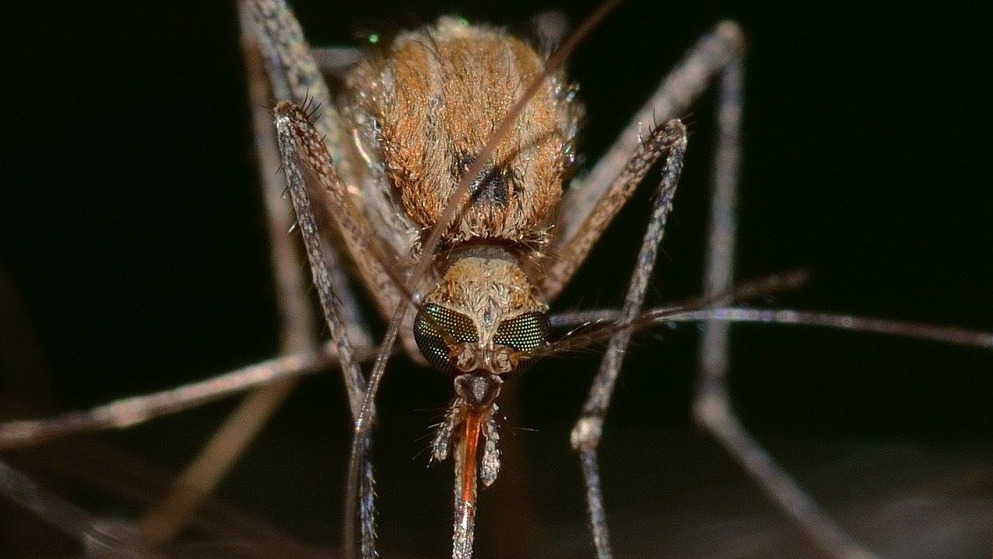There is a new pest coming to your town soon—that of a genetically modified mosquito. A biotech company out of Britain, Oxitec, has obtained permission to release their modified mosquitos in the US states of Florida and Texas.
The permit allowing for their experimental use was officially issued by the Environmental Protection Agency (EPA) in regards to the Florida Keys and Houston, Texas areas.
In an official announcement from the EPA on the release:
“To meet today’s public health challenges head-on, the nation needs to facilitate innovation and advance the science around new tools and approaches to better protect the health of all Americans.”
The permit was only authorized for the length of two years and stipulates the requirement that Oxitec performs a weekly sampling and monitoring of the mosquitos and their population. It is worth making note that there was a caveat that the EPA can cancel the permit at any time during the 24 months if they feel that outcomes of an unforeseen nature have occurred.
What the real question here is—why are these mosquito necessary in the first place?
The answer to this question lies in that of the Zika virus. If memory may serve, this was a virus outbreak a few years back that was discovered to cause microcephaly—a birth defect that resulted in the underdevelopment of the brain and head in fetuses.
Oxitec has said that its genetically modified Aedes Aegypti mosquito (also known by the classification of OX5034) can potentially reduce the spread of Zika on a massive scale. It is also hoped that the mosquitos will work to help stem the spread of other illnesses such as dengue, chikungunya, and yellow fever.
It has long been known that male mosquitoes are pretty much harmless. However, females are the ones that bite. This is so that they may process blood that then allows them to grow their eggs.
With the new modified mosquitos, which are the male of the species, a unique gene has been encoded into their DNA that prevents their female offspring from surviving until adulthood. The surviving males grow up, mate with the existing female population, and over time the species will decline and eventually become extinct.
Data so far has been promising as, during the Zika outbreak in Brazil in 2015 and 2016, the modified mosquitos were able to reduce the then population by an estimated 89%.
Will these genetically modified mosquitos be the answer to controlling and eradicating several deadly viruses?
